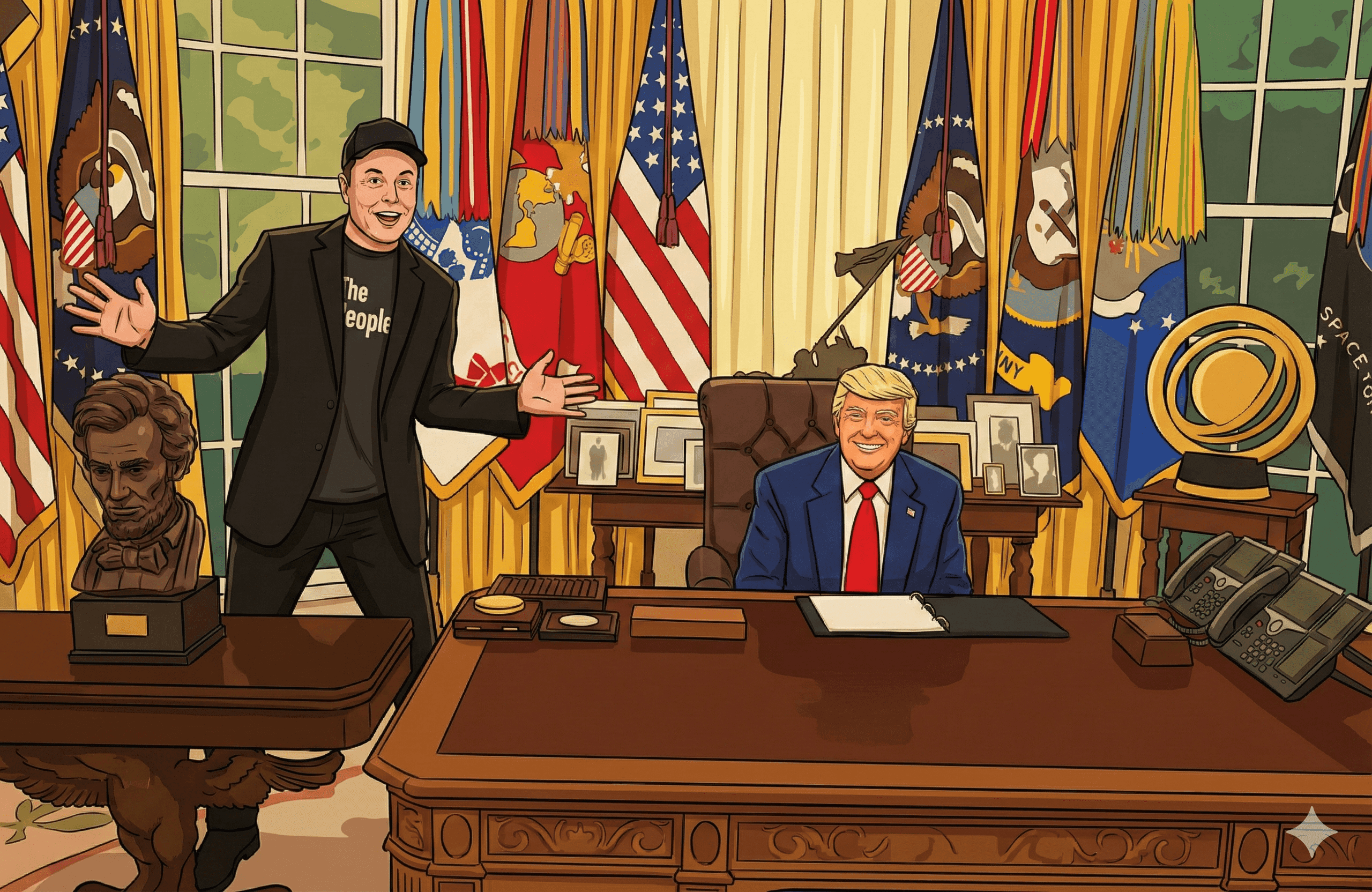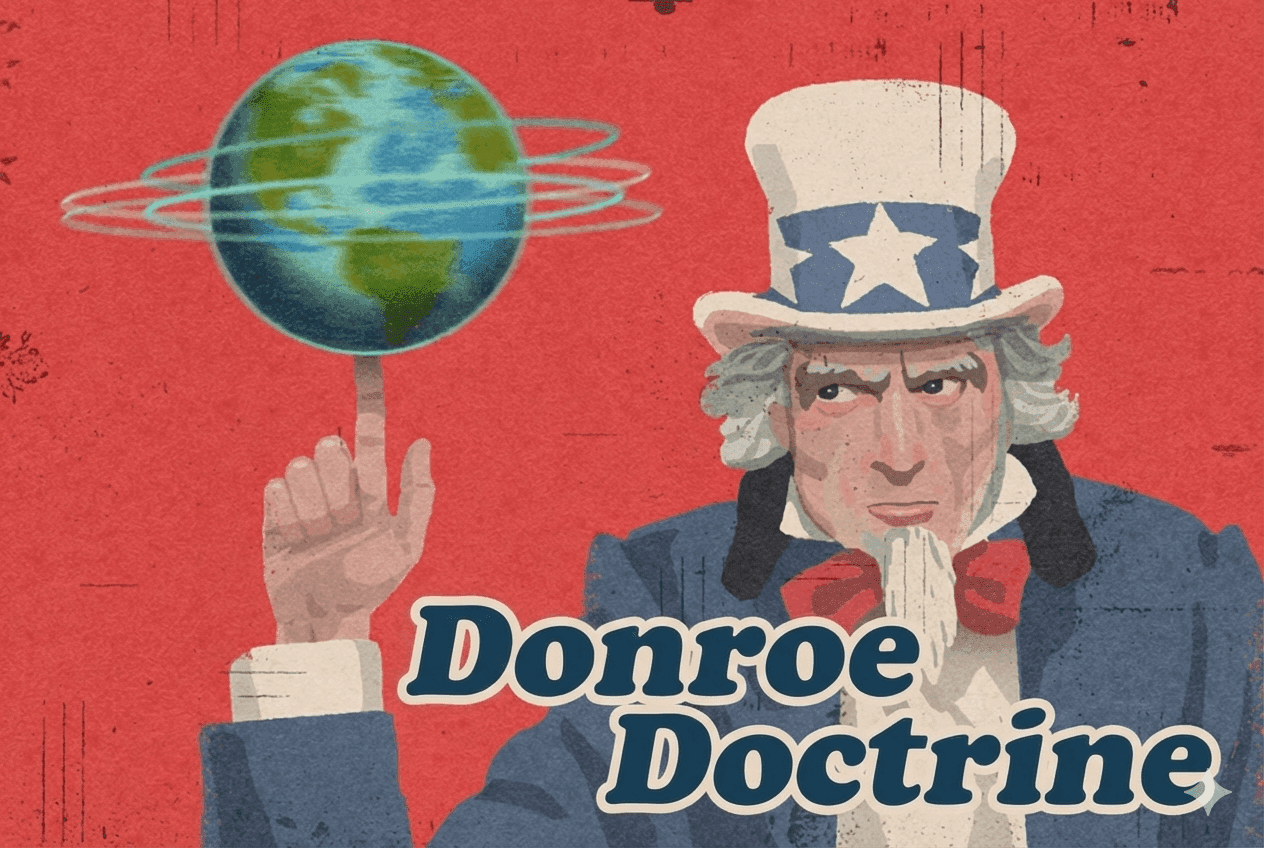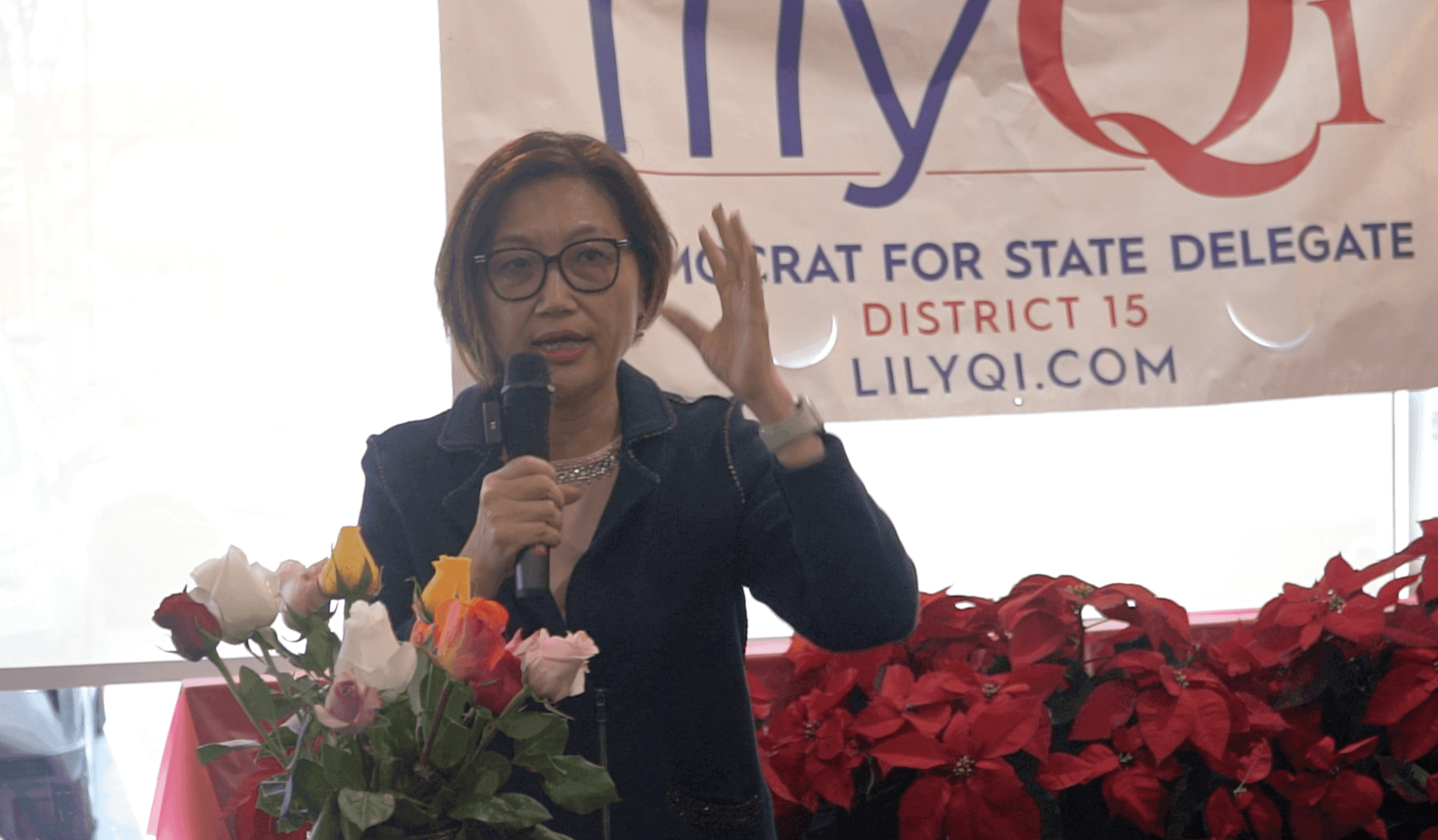Opinion | Neither Price Gouging Ban Nor Higher Tariffs Combat Grocery Inflation

Yuan Media's Op-Ed
By Stephany Yu
With around 50 days until the 2024 presidential election, both parties’ nominees are pushing economic policies to the forefront. Kamala Harris supports a federal ban on price gouging, while Donald Trump is pushing for higher tariffs. In my view, unfortunately, neither approach will effectively curb rising grocery prices, both will push prices higher.
Let's start with the price gouging ban, which is essentially price control—government interference in market pricing.
This approach is common in communist and socialist regimes like the former Soviet Union and China. While the U.S. had imposed price controls before, they were temporary wartime measures during World War I. Such policies won’t work today. Although price controls may provide short-term relief, they distort the market by disrupting price signals. This discourages production, leading to decreased supply—ultimately harming both society and the economy in the long run.
Now, let’s turn to tariffs.
As the world’s largest importer, the U.S. won’t see lower prices with higher tariffs—just added costs. If Trump’s proposal to raise tariffs on most of imported goods to 10-20% and Chinese goods to 60-100% is implemented, grocery prices would skyrocket almost instantly because China is the top supplier of U.S. goods, making up 16.5% of total imports in 2021, for example. Such a tariff hike would only burden American consumers, driving up costs across the board.
To effectively control rising prices, we need to dig into the root causes and understand what’s truly driving these increases.
Take groceries, for example, since it’s a staple of daily life. The rise in prices isn’t just due to higher raw material costs. As a major agricultural powerhouse, the U.S. has a strong competitive edge in producing high-quality, affordable food. However, the journey from farm to table involves much more than just growing and harvesting. It includes processing, transportation, warehousing, and sales—each adding layers of cost. Even something as simple as a can of soup often relies on a global supply chain, which the U.S. alone cannot sustain.
For decades, U.S. goods have been sourced from around the world. Before the COVID-19 pandemic, most items were relatively affordable—not because of efficient domestic production, but due to a stable global environment. Americans enjoyed low prices on the global market, thanks in large part to a smooth international supply chain as well as the strong purchasing power of US dollars.
The COVID-19 pandemic exposed the dangers of a broken supply chain. In response, the U.S. shifted its focus from globalization to boosting domestic manufacturing, aiming to reduce risk and bring jobs back home. But this shift means ignoring cheaper products available on the global market in favor of American-made goods. Given the notoriously high labor costs in the U.S., this strategy inevitably leads to a broader rise in prices.
The cost increase is a direct result of the U.S.'s strategic shift, and it's now being passed on to regular consumers. Supporting this shift means agreeing to absorb those higher costs. In other words, you're choosing to pay more for American-made products.
Americans, regardless of their party affiliations, are definitely eager to make the country great again. The issue, however, is that no one wants to spend more out of their own pockets. So, how can we lower the cost of American-made products?
Here are some options: Even though US labor costs are high, if American workers were significantly more efficient than their overseas counterparts, prices could be lower. Robotic manufacturing could potentially cut cost too. Unfortunately, that’s not the case right now. Alternatively, if key manufacturing costs in the US were lower, prices might drop. However, the complex laws and regulations in the US often lead to high social costs, which complicates the situation.
Given these conditions, prices won’t drop quickly, no matter how ambitious the presidential candidates sound. Their promises often seem like blank checks. As voters, we need to assess which candidate’s economic plans might worsen grocery inflation. Meanwhile, we should adapt by changing our consumption habits if prices remain high, which will help us manage our living costs at a more affordable level.
Additionally, we need to be wary of expecting the government to singlehandedly solve all issues, including prices and inflation because how you define the role of government shapes everything.
If you want the government to handle every issue and solve every problem, you’ll need to pay higher taxes to support a larger bureaucracy. But as government size increases, efficiency often drops and corruption can rise. On the flip side, a government that fails to connect essential social resources to support its people is equally unacceptable.
It’s undeniable that some Americans did not benefit from globalization, they suffered from it through losing stable jobs and quality of life. However, even if manufacturing returns to the U.S., there's no guarantee that those affected will get their old jobs back. Today's jobs are often different from what they once knew—some are outside their expertise, while others are simply unappealing to them.
Moreover, it’s not just blue-collar workers facing job displacement. With the rise of AI, many white-collar professionals are also at risk of losing their jobs. In this situation, the government cannot simply stand by. However, while fundamental support is essential, it's crucial to avoid creating dependency through overly generous welfare policies. Balancing these measures is key.
We face ongoing localized conflicts and intense competition among major powers. Given this, our voting decision should focus on which party can best safeguard domestic interests. However, it’s important to remember that any strategy comes with a cost. Globalization has its price, but closing ourselves off can be even more costly.
--------
Stephany Yu is the Founder and General Partner of Sunwater Capital, an investment firm focused on real estate, healthcare, and data in the US and overseas. Yu is passionate about entrepreneurship, innovation, and social impact. She is the Founder and Chairwoman of Yuan Foundation, a non-profit organization that supports education, culture, and community development for the Asian American and Pacific Islander (AAPI) community. She is also the Chairwoman of the International Leadership Foundation Entrepreneurship & Innovation Committee, which fosters leadership and entrepreneurship among young AAPI professionals. Yu holds a Master's and a Bachelor's Degree in Economics from Fudan University.

 Stephany Yu
Stephany Yu



